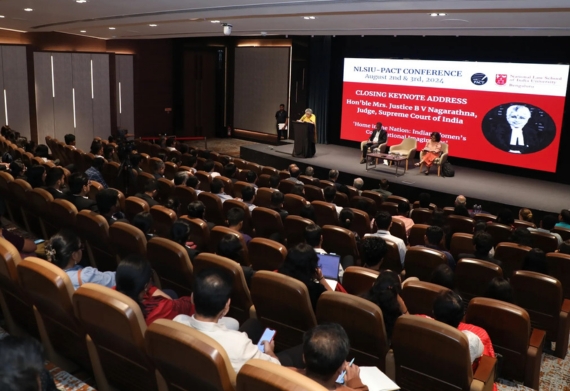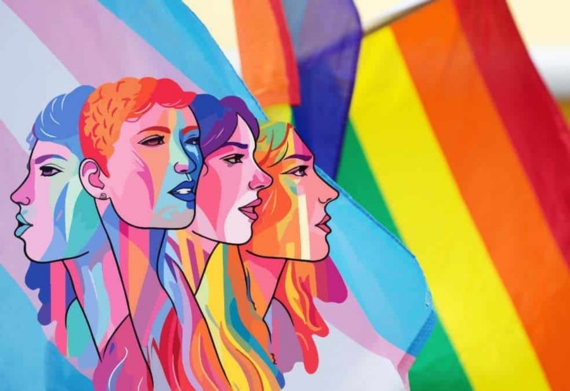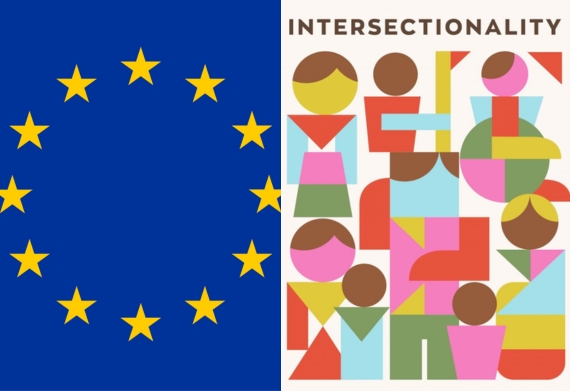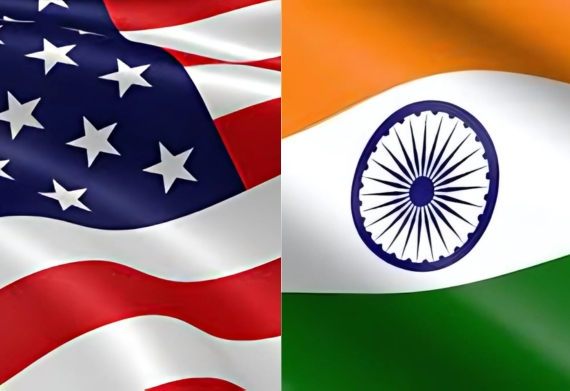Since October 2022, the Centre for Law and Policy Research (CLPR) is participating in a three-year long research project titled ‘Pluralist Agreement and Constitutional Transformation’ (PACT).
The project is led by Prof. Rochana Bajpai, SOAS as principal investigator with Vineeth Krishna, CLPR sering as a co-investigator. Other co-investigators are Dr. Nicholas Cole, University of Oxford, Dr. Udit Bhatia, University of York, and Dr. Prof. Sudhir Krishnaswamy, National Law School of India University.
The PACT project will create an advanced digital platform on the making of the Indian constitution (1950). The Indian Constituent Assembly (1946-49) met against the background of transfer of power from the British, partition, Hindu-Muslim blood-shed, and the largest mass migration in history. It is during these challenges and disagreements along the lines of religion, caste and linguistic differences that the constitution was drafted, a document that continues to shape contemporary politics.
This research will aim to draw lessons regarding the democratic legitimacy of constitutions from the Indian example, while analysing its unfulfilled potential for pluralism and democracy in the present. The research also aims to shed light on the role of collective practices of petition, debate, and protest by citizens and the marginalized in the making of constitutions, and their remaking over time.
Using the methodologies and software developed at Pembroke College by the Quill Project, the project will create an extensive digital record of the proceedings from 1946 to 1949 that led to the formation of the Indian constitution. Alongside these plenary debates of the Indian Constituent Assembly, the project will also include committee discussions, petitions, public responses and the wider debate of the period. This broad collection of sources will allow further study into the context of public opinion against which the Indian constitution was authored.





